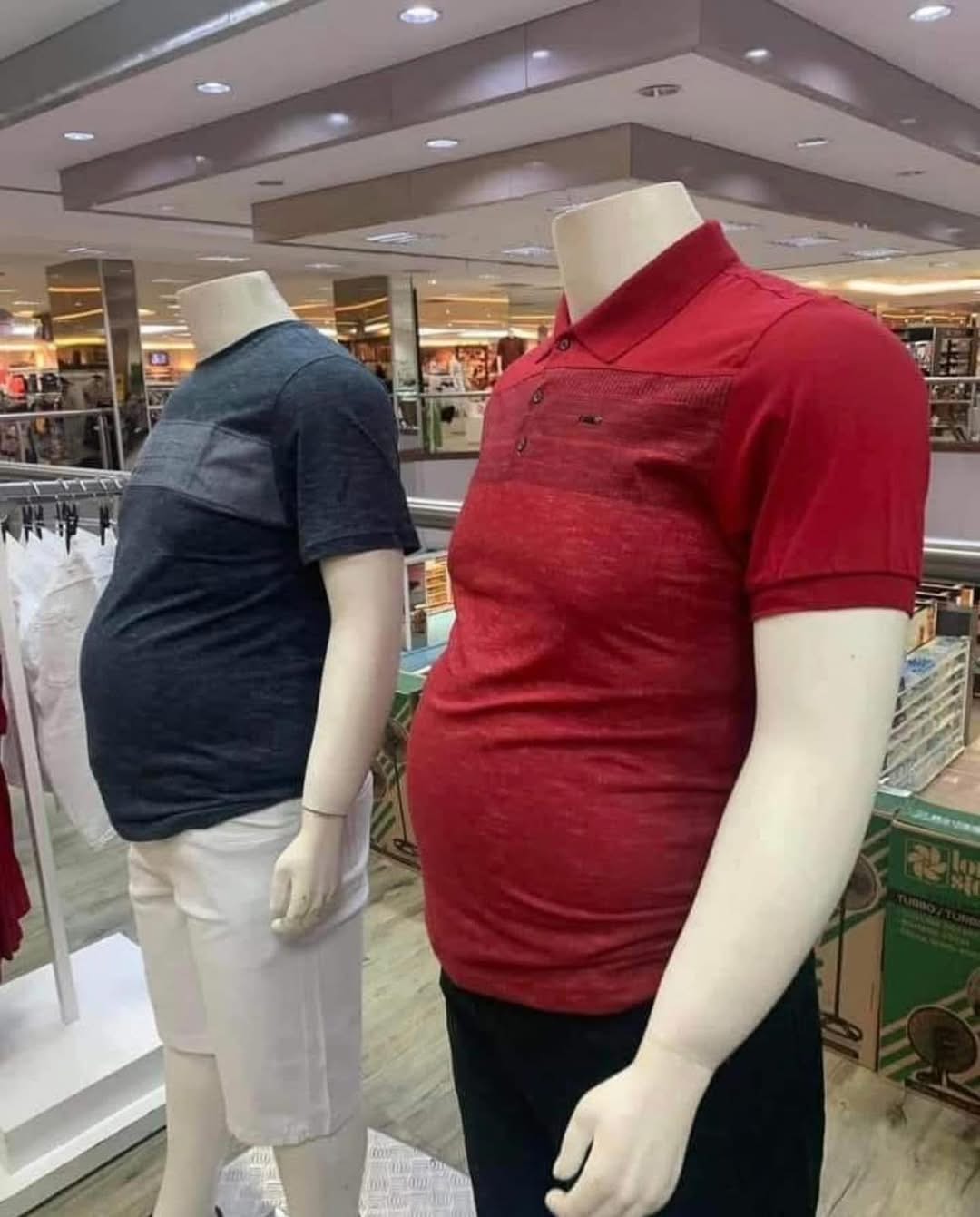this post was submitted on 29 Mar 2025
308 points (98.1% liked)
Stolen from Facebook
456 readers
50 users here now
founded 2 years ago
MODERATORS
you are viewing a single comment's thread
view the rest of the comments
view the rest of the comments

They are not the same because different bacteria eat different things, and some of those bacteria are associated with weight loss and gain. We can quite literally feed mice akkermansia muciniphila and cause them to lose weight without changing their caloric intake.
With this you admit that there's more to it than just CICO. If you eat 2000 calories and still feel like you're starving then of course you're going to fail your diet. What you eat is extremely important for a variety of reasons.
I'm not sure I've ever encountered a dietician that recommended counting calories for weight loss or health. They all say to eat healthy foods, avoid junk, and to eat when you're hungry, stop when you're not. And it turns out eating healthy is exactly what fosters the gut bacteria associated with healthy body composition.
Do you have a link to the mice study? That sounds interesting.
How am I admitting it’s more than CICO? What I said aligns directly with CICO. If you eat junk, you are eating high calorie dense foods, and people tend to eat more because it’s not as filling. That’s literally CICO. You eat more calories, and you gain weight.
The reason dieticians recommend not actually counting calories is because people suck at it, as was mentioned before. By telling them to eat healthy, low calorie foods, it makes it basically impossible to eat too many calories due to the giant volume of food you would need to eat.
In the end it all boils down to calories. You cannot escape the laws of physics. You can’t gain mass without adding mass.